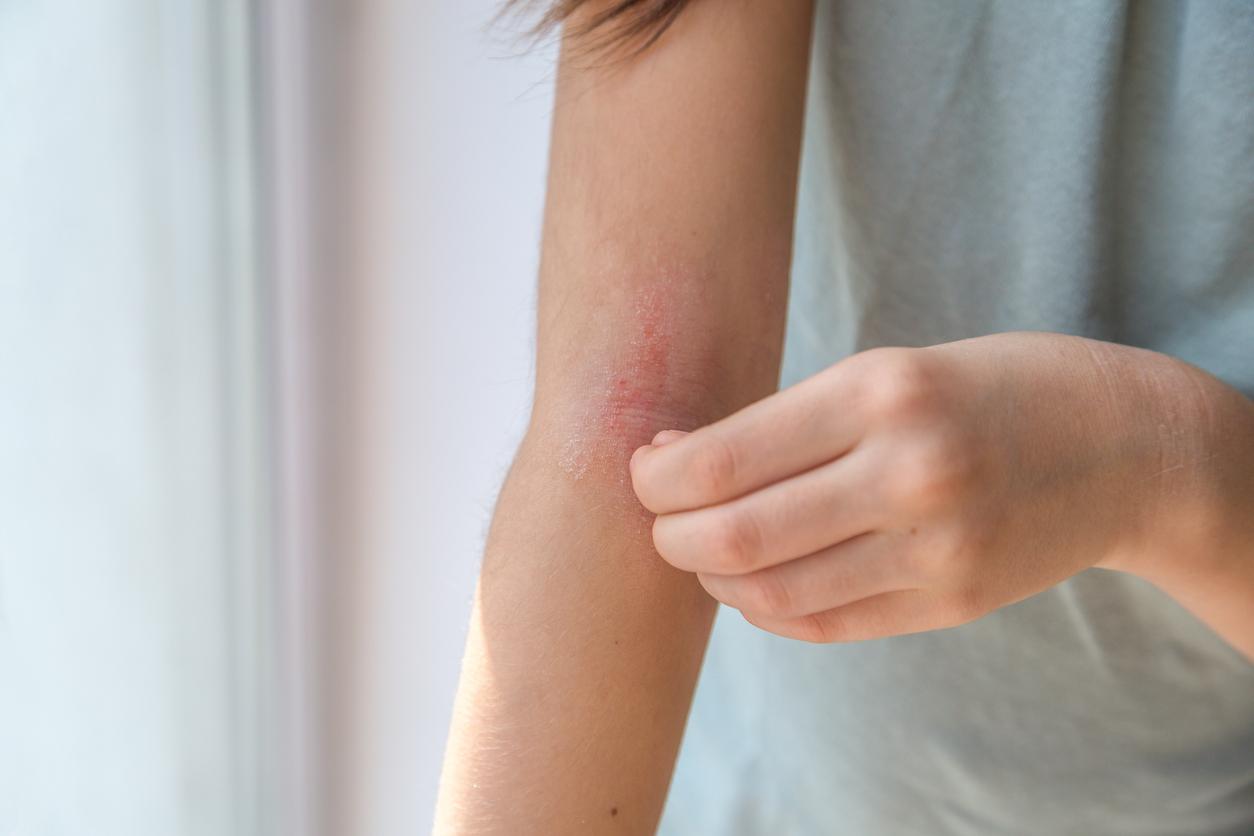For the first time, a study shows that non-steroidal anti-inflammatory drugs such as aspirin can reduce the harmful effects of air pollution on the lungs.

Aspirin to fight pollution? A new American study, published in the journal American Journal of Respiratory and Critical Care Medicine demonstrates for the first time that nonsteroidal anti-inflammatory drugs can reduce the harmful effects of air pollution on the lungs.
To arrive at these results, the researchers collected data from 2,280 Boston-area veterans, with an average age of 73. The latter underwent tests to assess their lung function. The scientific team linked the results of these tests, the self-medication of aspirin and the level of fine particles in the air during the month preceding the test. The researchers also took into account certain factors, such as the participant’s health or tobacco consumption.
Pollution effects halved
According to the results, the consumption of nonsteroidal anti-inflammatory drugs reduced the effects of fine particles on the lungs by half. Most participants had taken aspirin. So, although the mechanism is unknown, the researchers speculate that these drugs reduce inflammation caused by air pollution. However, they recommend carrying out other analyses, in particular on non-steroidal anti-inflammatory drugs without aspirin.
“Our results suggest that aspirin and other nonsteroidal anti-inflammatory drugs may protect the lungs from short-term air pollution outbreaks,” says Xu Gao, lead study author, and researcher at Columbia University. (New York). He continues: “Of course, it’s always important to minimize our exposure to air pollution, which is linked to a host of adverse health effects, from cancer to cardiovascular disease.”
Protect the environment
Obviously, the first emergency is to reduce the levels of fine particles in the air, and particularly in cities. “While environmental policies have made significant progress towards reducing our overall exposure to air pollution, even in low-polluted places, short-term pollution spikes are still commonplace,” warns Andrea Baccarelli, also author of the study. He concludes: “For this reason, it is important to identify ways to minimize this damage.”

















